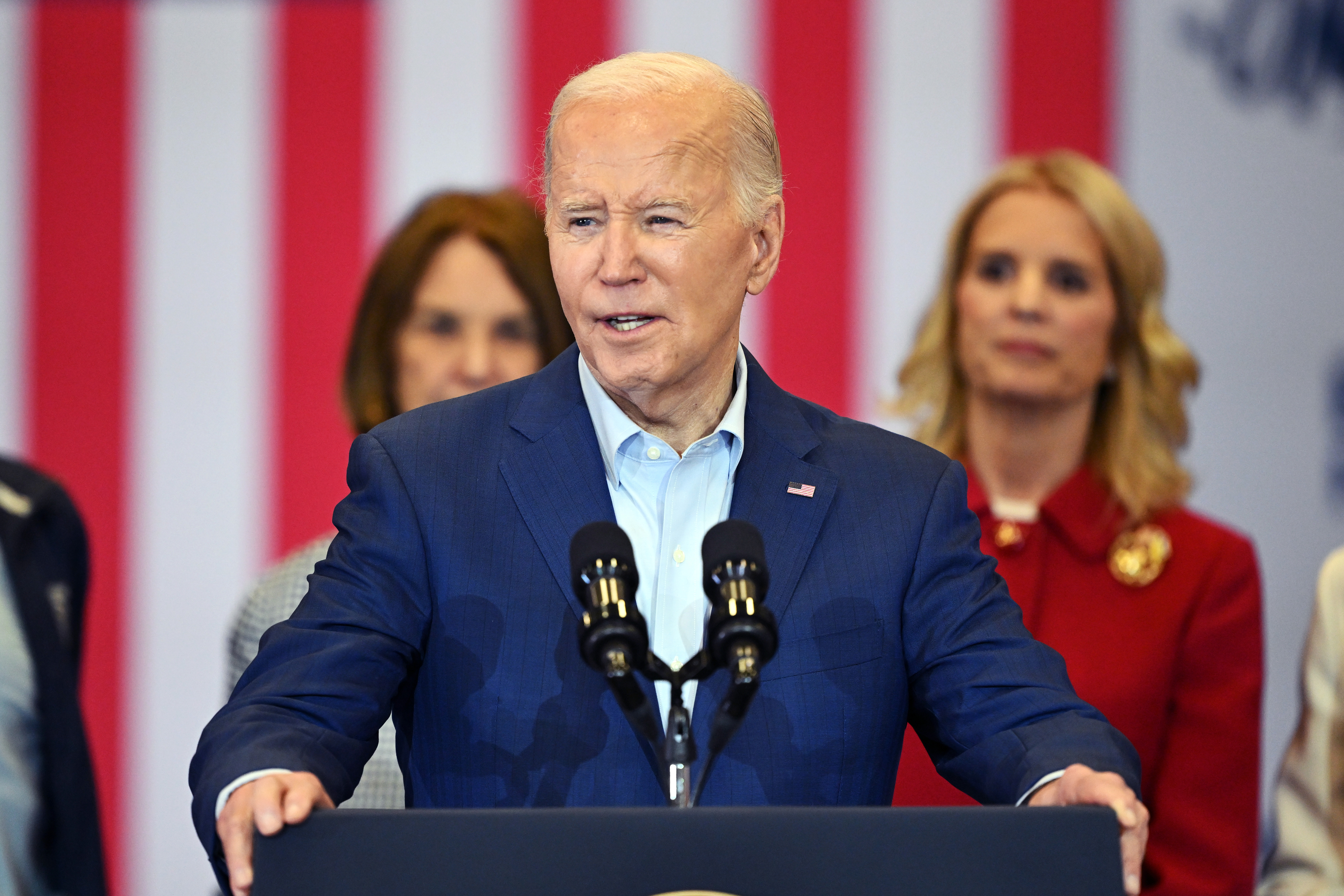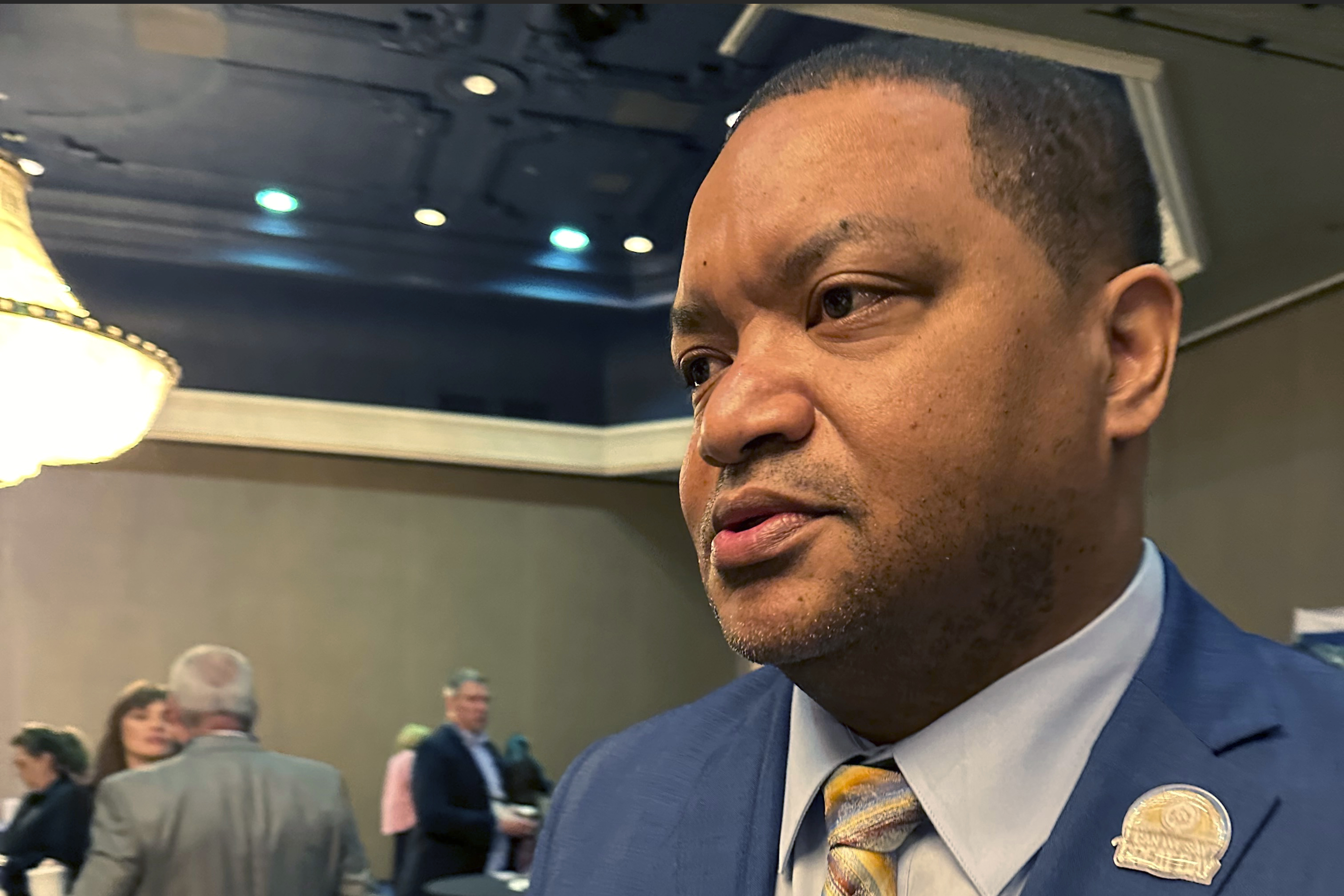A cavernous brick building on the outskirts of the city holds a failed dream, a warehouse stacked high with the remnants of a multimillion-dollar spending spree by a former Harrisburg mayor who used city money to purchase artifacts for an Old West museum that died in its infancy.
City officials hope that after a weeklong auction that starts Monday, the collection will be gone _ the stuffed buffalo and mountain lion, the more than 500 firearms, the racks of period clothing, the wooden dugout canoes and the Savage Ale bar sign with a bullet hole tenuously attributed to frontierswoman Calamity Jane.
"This is extraordinary and totally unprecedented in the value alone, and also the scope,'' said Joanne Grant, a longtime auctioneer with Guernsey's who helped organize and catalog the vast collection. "It would have been a fine museum, that's for sure.''
Stephen Reed, who was in his seventh term four years ago when Democratic primary voters turned him out of office, pursued the museum project as part of a plan to draw tourists with five museums. Two were established, a small fire museum and a larger facility focused on the Civil War.
No one seems to know precisely how much he spent as he traveled the country to purchase the items, which also include pieces meant for another Reed dream, an African-American museum, and a hodgepodge of other material, some of dubious historical value.
Nearly all the roughly 5,000 lots will be sold from City Island, home to Harrisburg's minor league baseball team, with bidders participating online and by phone.
Among the items that have attracted interest are a Colt Firearms Co. advertising board with an endorsement by the Texas Rangers and a circa-1890 coin-operated slot machine called The Owl. The collection also includes a sizable number of Spanish colonial artifacts, as well as documents linked to Presidents George Washington and John F. Kennedy and historical figures Billy the Kid and John Hancock.
Local
Breaking news and the stories that matter to your neighborhood.
There are dozens of saddles, framed collections of marshal and deputy badges, countless antlers and even a hat rack fashioned out of horseshoes.
Guernsey's president, Arlan Ettinger, said his team has found valuable pieces side-by-side with decorative items and obvious fakes with little or no value. On a table in the warehouse he laid out five African tribal masks, including two cheap reproductions.
"The only logic we could come up with is he was trying to cover so much territory with these acquisitions that he used sort of a machine gun approach,'' Ettinger said. "I think the jury is absolutely out as to whether he overpaid for things that are genuine treasures. The auction will be the judge of that.''
George Turak, a collector and former art dealer from Nottingham, Pa., said he identified "some interesting items'' and planned to consult with friends and clients about potential bids.
"If you know how to look at a good buy, a good item, and can do the research, then I think it will certainly pay off for you,'' Turak said.
Reed said he determined the artifacts' authenticity by examining them, documentation that came with the purchases, the sellers' reputation, expert review and other research. He said the collection would have helped the city qualify for matching state funds to construct the museum's building.
"Generally, it is better to acquire the items to go into the museum before you build the actual museum, so that the building's design properly encompasses the planned focus periods,'' Reed told The Associated Press. He said he spent about $7.4 million on about 8,000 items.
Reed's decision to use city money to purchase thousands of items for an Old West museum in the Northeast has been much criticized, particularly as the city tries to dig out from a massive financial crisis, caused largely by debt tied to a trash incinerator, that has left it on the brink of bankruptcy.
"You don't send the mayor out on a shopping trip to buy things,'' said Dan Miller, the city's elected controller. "If you were going to do this in a legitimate manner, you'd have a plan, you'd have professionals involved, you'd have a roadmap to a successful museum. We obviously didn't have that.''
But businessman Fred Clark, a friend and political ally of Reed's who served on the Harrisburg Authority, the entity that ultimately paid for most of the items, defended him, saying the Old West museum idea was part of a larger plan that included Reed-driven projects that brought minor league baseball to City Island and helped turn a seedy downtown strip near the Susquehanna River into a row of busy restaurants and bars.
"There's a whole host of projects that the city and the mayor undertook that are good projects,'' Clark said. "It's easy to Monday morning quarterback and second guess, and in my opinion, that's what occurred. Would I have liked to have seen the mayor build more support for those projects? Yes, absolutely.''
It's the second auction for the collection; some of it was sold by Heritage Auction Galleries in Dallas five years ago. That sale raised about $2 million, but some items failed to sell and were returned to the city.
Ettinger said the idea this time around is to get rid of everything so no minimum bids are required. Online buyers have already begun to place bids, though sales won't be final before the actual auction.
After Guernsey's gets its cut, the proceeds will go into the city's general account, said Harrisburg chief operating officer Bob Philbin. The city is under a state-imposed receiver, and Philbin said a judge may have to approve how the money will be used.



